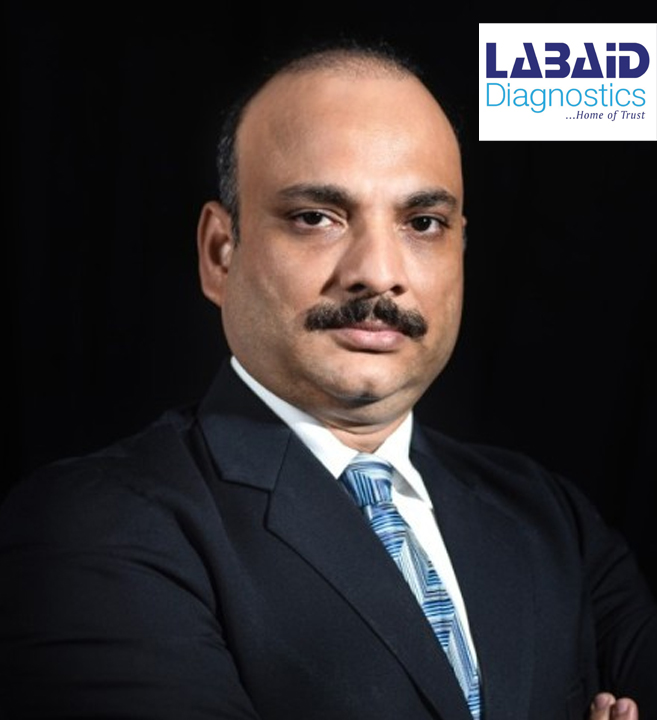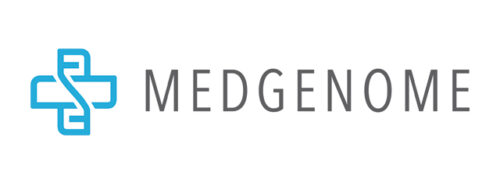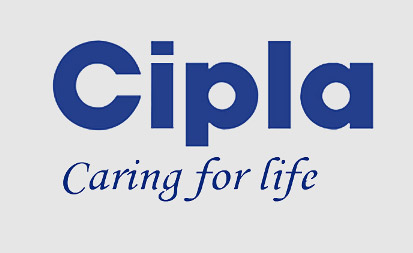The Future trend in Laboratory Medicine
MANISH MISHRA, Chief Executive Officer, Labaid Diagnostics As we stand on the cusp of a new era in healthcare, the future of diagnostics is taking shape with innovative technologies and novel approaches that promise to revolutionize

MANISH MISHRA, Chief Executive Officer, Labaid Diagnostics
As we stand on the cusp of a new era in healthcare, the future of diagnostics is taking shape with innovative technologies and novel approaches that promise to revolutionize medical testing. The convergence of various trends, such as artificial intelligence (AI), point-of-care testing, liquid biopsy technology, digital health platforms, and genomic medicine, is paving the way for a more accurate, accessible, and patient-centric diagnostics landscape.
Artificial intelligence (AI) has emerged as a transformative force in diagnostics, offering unprecedented capabilities to analyze vast amounts of data and detect patterns that would be otherwise imperceptible to human eyes. Machine learning algorithms powered by AI can sift through complex datasets, such as medical images or genetic information, to identify subtle markers of disease or predict patient outcomes with remarkable accuracy. By harnessing AI, healthcare providers can streamline diagnostic processes, improve decision-making, and ultimately deliver more personalized care to patients.
The rise of point-of-care testing represents a paradigm shift in diagnostics by enabling rapid, on-the-spot analysis of patient samples without the need for centralized laboratory facilities. This approach offers significant advantages, including quicker turnaround times, immediate treatment decisions, and improved patient outcomes. Point-of-care testing is particularly valuable in emergency settings, rural areas, or resource-limited environments where access to traditional lab services may be limited. By bringing testing closer to the patient, this trend is enhancing the efficiency and effectiveness of diagnostic workflows.
Advancements in liquid biopsy technology are unlocking new possibilities for non-invasive testing methods that rely on the analysis of bodily fluids, such as blood or urine, to detect disease biomarkers. Liquid biopsies offer a less invasive alternative to traditional tissue biopsies and provide real-time information on a patient’s disease status and treatment response. These tests are especially valuable in cancer detection and monitoring, as they can offer insights into tumor mutations, therapy resistance, and disease progression. The continued refinement of liquid biopsy techniques holds great promise for improving early diagnosis and personalized treatment strategies.
Digital health platforms are revolutionizing diagnostics by leveraging technology to connect patients, healthcare providers, and diagnostic services in a seamless and interconnected ecosystem. These platforms integrate various health data sources, such as electronic health records, diagnostic results, wearables, and patient-reported information, to enable comprehensive and personalized care delivery. Patients can access their test results, communicate with their care team, schedule appointments, and monitor their health metrics conveniently through digital interfaces. By fostering greater collaboration and information sharing, digital health platforms empower patients to take an active role in managing their health and enable more coordinated care delivery.
Genomic medicine is reshaping the future of diagnostics by unlocking the secrets encoded in our DNA and offering unprecedented insights into individual health risks, disease predispositions, and treatment responses. Advances in genomic sequencing technologies have made it possible to analyze the genome with unprecedented speed, accuracy, and cost-effectiveness, opening up new frontiers in precision medicine. By studying genetic variations, mutations, and gene expressions, healthcare providers can tailor treatment plans to individual patients, predict disease trajectories, and prevent adverse drug reactions. Genomic medicine is paving the way for personalized diagnostics and targeted interventions that hold the potential to transform healthcare outcomes.
In conclusion, the future trends in diagnostics are characterized by a convergence of cutting-edge technologies and innovative approaches that are reshaping the landscape of medical testing. From the transformative power of artificial intelligence and the accessibility of point-of-care testing to the non-invasive potential of liquid biopsy technology, the interconnectedness of digital health platforms, and the precision of genomic medicine, these trends are driving a new era of diagnostics that is more accurate, accessible, and patient-centered than ever before. By embracing these advancements and harnessing their potential, healthcare providers can unlock new diagnostic capabilities, improve clinical decision-making, and ultimately enhance the quality of care delivered to patients.






